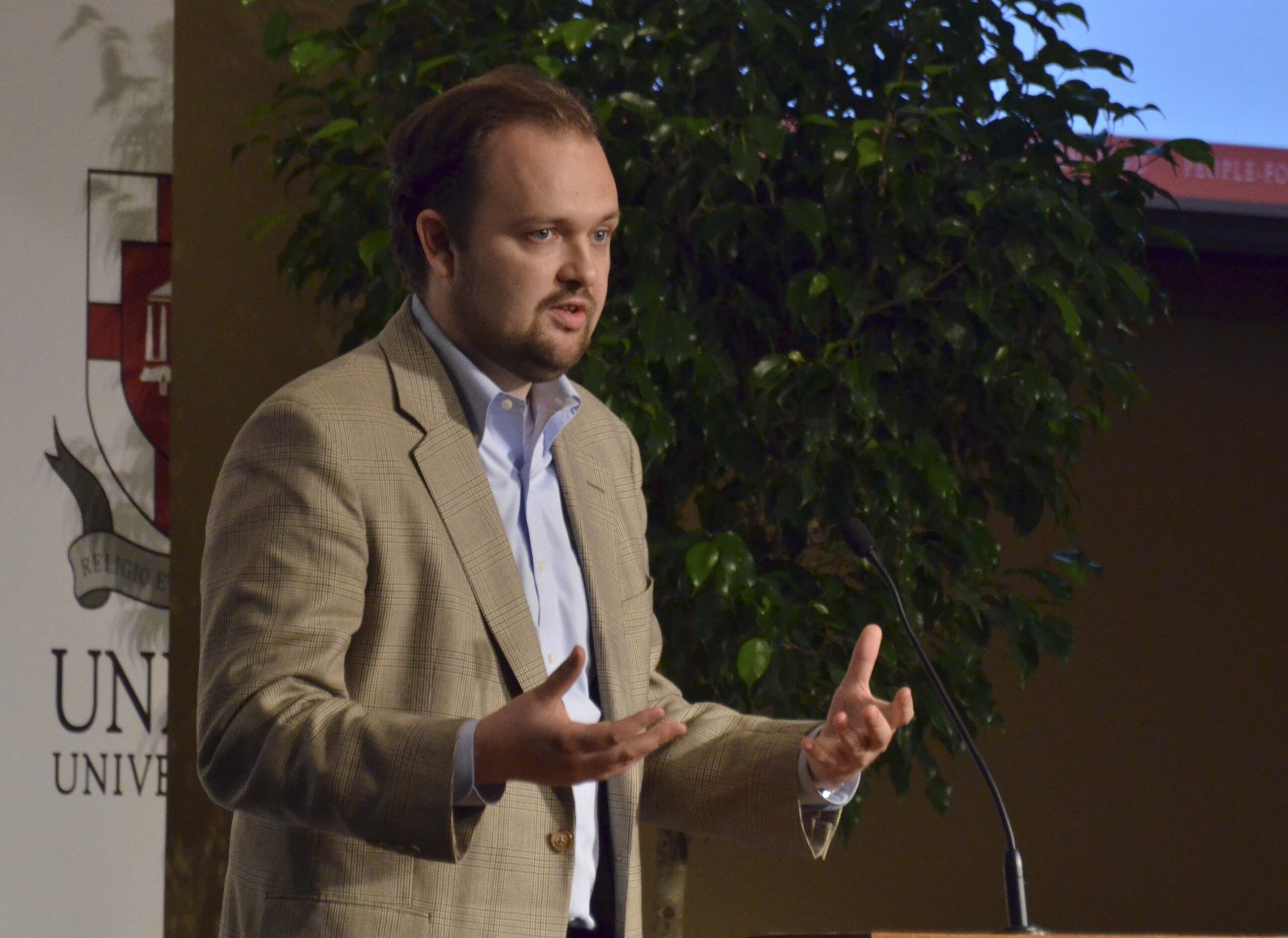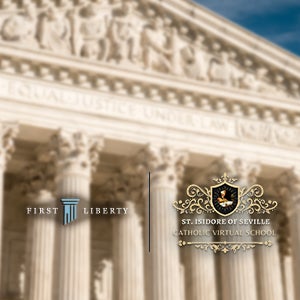Constitutional Clash: RSS Denounces Religion-Driven Reservation Policies as Unconstitutional
Religion
2025-03-23 08:31:00Content

In a bold statement challenging Karnataka's recent policy, RSS General Secretary Dattatreya Hosabale has strongly criticized the state's 4% reservation for Muslims, arguing that such religion-based quotas fundamentally contradict the constitutional principles laid down by B R Ambedkar.
Hosabale emphatically pointed out that the Constitution does not support reservations based on religious identity. Drawing from legal precedents, he referenced previous court decisions in Andhra Pradesh and Maharashtra that rejected similar religion-specific reservation proposals.
The RSS leader stressed the importance of adhering to the foundational values of the Indian Constitution, which emphasize equality and merit-based opportunities. By highlighting the potential legal and ethical challenges of religion-based reservations, Hosabale underscored the need to maintain the secular and inclusive spirit of India's constitutional framework.
His comments reflect a broader debate about the appropriate mechanisms for social empowerment and the delicate balance between addressing historical inequalities and maintaining constitutional principles of non-discrimination.
Constitutional Controversy: RSS Challenges Muslim Reservation in Karnataka
In the complex landscape of Indian political discourse, a significant debate has emerged surrounding religious-based reservations, with the Rashtriya Swayamsevak Sangh (RSS) taking a firm stance against Karnataka's recent policy of allocating quota percentages for Muslim communities.Challenging Constitutional Boundaries: A Provocative Policy Debate
The Constitutional Interpretation Dilemma
The RSS's perspective on religious reservations represents a nuanced constitutional interpretation that challenges contemporary affirmative action strategies. Dattatreya Hosabale, the organization's General Secretary, has articulated a profound critique of Karnataka's 4% reservation policy, arguing that such categorizations fundamentally contradict the foundational principles established by B.R. Ambedkar during India's constitutional drafting. Historically, reservation policies in India have been intrinsically linked to social justice and historical marginalization. However, Hosabale's argument suggests that religion-based reservations deviate from the original constitutional framework, which primarily focused on addressing systemic socioeconomic inequalities rather than religious distinctions.Judicial Precedents and Legal Challenges
The RSS's stance is not merely rhetorical but substantiated by previous judicial interventions. Referencing specific legal precedents from Andhra Pradesh and Maharashtra, Hosabale highlighted instances where similar religious reservation attempts were systematically rejected by judicial bodies, reinforcing the constitutional perspective that reservations should be grounded in socioeconomic criteria rather than religious identity. These legal challenges underscore a critical debate about the interpretation of affirmative action principles. While proponents argue for inclusive representation, critics like the RSS emphasize maintaining a secular, merit-based approach to social empowerment.Ideological Foundations and National Ethos
Beyond legal technicalities, Hosabale's argument invokes a broader narrative of national integration and cultural harmony. By emphasizing alignment with "Indian ethos," the RSS suggests that reservation policies should transcend religious boundaries and focus on holistic societal development. This perspective challenges contemporary political approaches that potentially fragment social cohesion by introducing religion-specific quotas. The underlying argument posits that true social justice emerges from universal principles of equality and opportunity, rather than segmented categorizations.Political Implications and Future Trajectories
The RSS's intervention in the reservation debate signals a potentially transformative moment in Indian political discourse. By challenging Karnataka's policy, the organization is not merely opposing a specific quota system but questioning the fundamental approach to social empowerment and representation. The potential ramifications extend beyond legal interpretations, touching upon sensitive discussions of secularism, social justice, and national identity. As political stakeholders continue to negotiate these complex terrains, the RSS's stance represents a significant philosophical challenge to contemporary reservation strategies.Broader Societal Reflections
This controversy illuminates the intricate balance between constitutional principles, social justice, and political representation. The RSS's critique invites a deeper examination of how reservation policies can most effectively address historical inequalities without creating new forms of systemic differentiation. As India continues to evolve its democratic frameworks, such debates become crucial in refining approaches to social inclusion, ensuring that policies genuinely reflect the egalitarian spirit of the constitution while adapting to contemporary social realities.RELATED NEWS
Religion

Chipotle Faces Faith-Based Workplace Clash: Lawsuit Reveals Deeper Tensions
2025-04-02 16:22:02
Religion

Faith, Reason, and Purpose: Douthat's Bold Case for Universal Spiritual Engagement
2025-04-16 14:38:10






